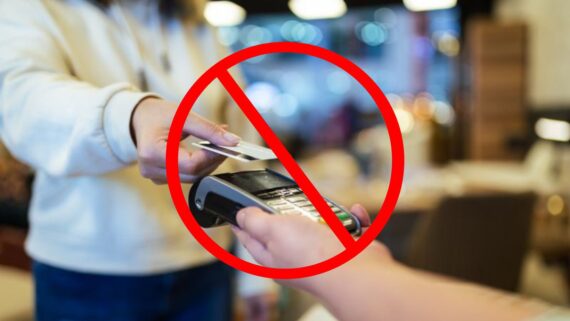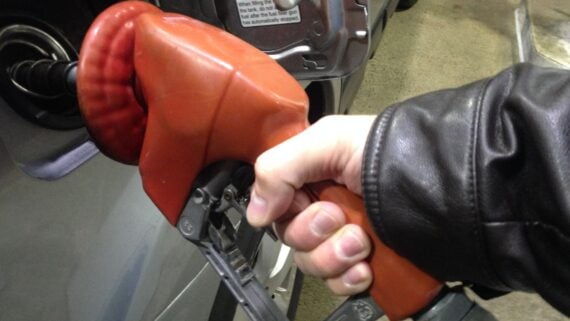Consumer debt is reaching new heights — it increased by 18.3 billion dollars in the second quarter of 2025 — and even though the Federal Reserve just lowered interest rates slightly, it’s become more expensive to pay those debts off. All of that makes it high time to work on eliminating your debt, but there are a few essential things to keep in mind. Owing mountains of money can seem overwhelming, but having a solid plan makes the task more manageable, and knowing where to avoid a stumble will be crucial to staying motivated and seeing success. Here are some common mistakes to avoid when paying off debt.
Not Having a Plan

Before you even think about paying off your debt, make a plan. The planning phase should include figuring out how much you owe, what you want to pay off first, and how much you can contribute to debt payoff each month. If you don’t know where to start, consulting with a financial planner is a good first step.
Paying More on All Debt

If you pay more toward all debt, you won’t see much progress. This lack of progress can make it easy to give up. The best strategy is to start with a single debt and contribute anything extra toward it while paying the minimum on all other debts.
Choosing the Wrong Strategy for You

There are two major approaches to debt payoff: The snowball and the avalanche. The snowball involves paying off the debt with the smallest outstanding balance, regardless of the interest rate. Once you pay that off, you move on to the next one. In the avalanche approach, you pay off the highest-interest-rate loan first and, once it’s eliminated, move on to the second-highest.
The snowball can help you feel encouraged at seeing one debt gone; from a purely financial standpoint, paying off the highest interest rate first is the logical choice. Paying off a credit card with a 22% interest rate makes more sense than paying off a car loan with 4% to 5% interest, for example. You have to know yourself and choose a strategy you can stick with.
Avoiding Looking at All Your Debt
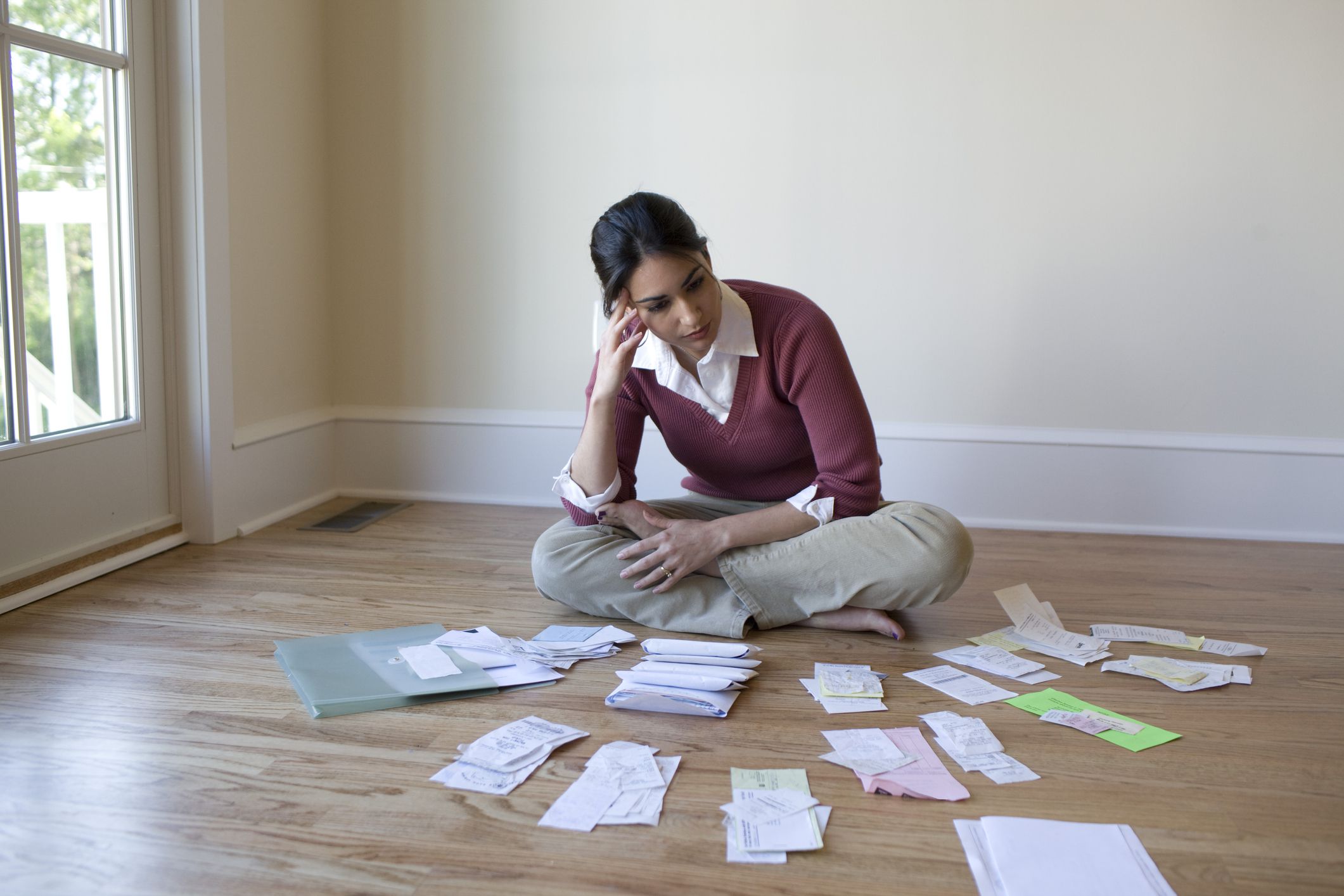
The weight of debt can feel crushing. Sometimes, you might even dread looking at your account balances or be in denial about how much you owe. Not looking at your accounts won’t change anything, though. If you want to get rid of the sinking feeling you get when past-due bills roll in or the interest racks up each month, you have to look.
Not Having a ‘Why’

The only way you will succeed at a long, uphill battle is if you have a powerful reason to get out of debt. So before you start, find your “why.” Want to reduce your stress? Leave a job you hate and have a financial cushion? Feel you’re ready to start a family? Knowing why you are getting out of debt will make it easier to stick to the plan when things get tough.
Trending on Cheapism
Avoiding Sacrifices

Once you have your “why,” it will be easier to make the sacrifices you need to get there. Sacrificing things such as weekly outings, fancier cars, or a bigger apartment isn’t fun. But if you don’t make sacrifices you’ll likely struggle to pay off your debts.
Sacrificing Too Much

On the flip side to not sacrificing at all, you don’t want to sacrifice too much. There are plenty of stories about people eating nothing but rice and beans for years while paying off debt. For most people, this is a recipe for quitting — if you sacrifice everything that gives you joy, your plan won’t be sustainable. So find a balance between not sacrificing at all and sacrificing too much.
Having Unrealistic Goals

Sure, paying off all debt by the end of the year would be fantastic. But is it realistic? Depending on how much debt you have, the timeline to pay everything off might be much longer. That’s okay! There are lots of stories about how people paid off tens of thousands of dollars in a short time, but their story is not yours. Everyone has different financial and personal circumstances. To have success in paying off your debt, it is important to set realistic goals for you, even if that means taking years to get there.
Sign up for our newsletter
Keeping Your Income the Same

Not everyone has the time, energy, or ability to take on a side hustle. If you can add one or even get a raise at your current job, you’ll be able to pay off debt much faster, though. The more income you earn while maintaining or cutting back on your lifestyle spending, the more money you can throw at your debt.
Not Having an Accountability Buddy

Once you have a plan in place, it is wise to have an accountability buddy. This person could be a trusted friend, a partner, or a close relative. It is easy to give up on goals when we don’t tell anyone what they are. Your accountability buddy can keep you on track.
Forgetting to Put Extra Payments Toward the Principal Only

There is more to paying off debt than simply giving more money to your lender. You need to specify that you want the extra to go toward the principal only. Principal-only payments go directly toward the loan balance and not toward interest accrued. Paying toward the principal helps pay off debt faster and with less interest. (Make sure your lender allows you to make principal-only payments without fees or penalties.)
Skipping the Emergency Fund to Pay off Debt
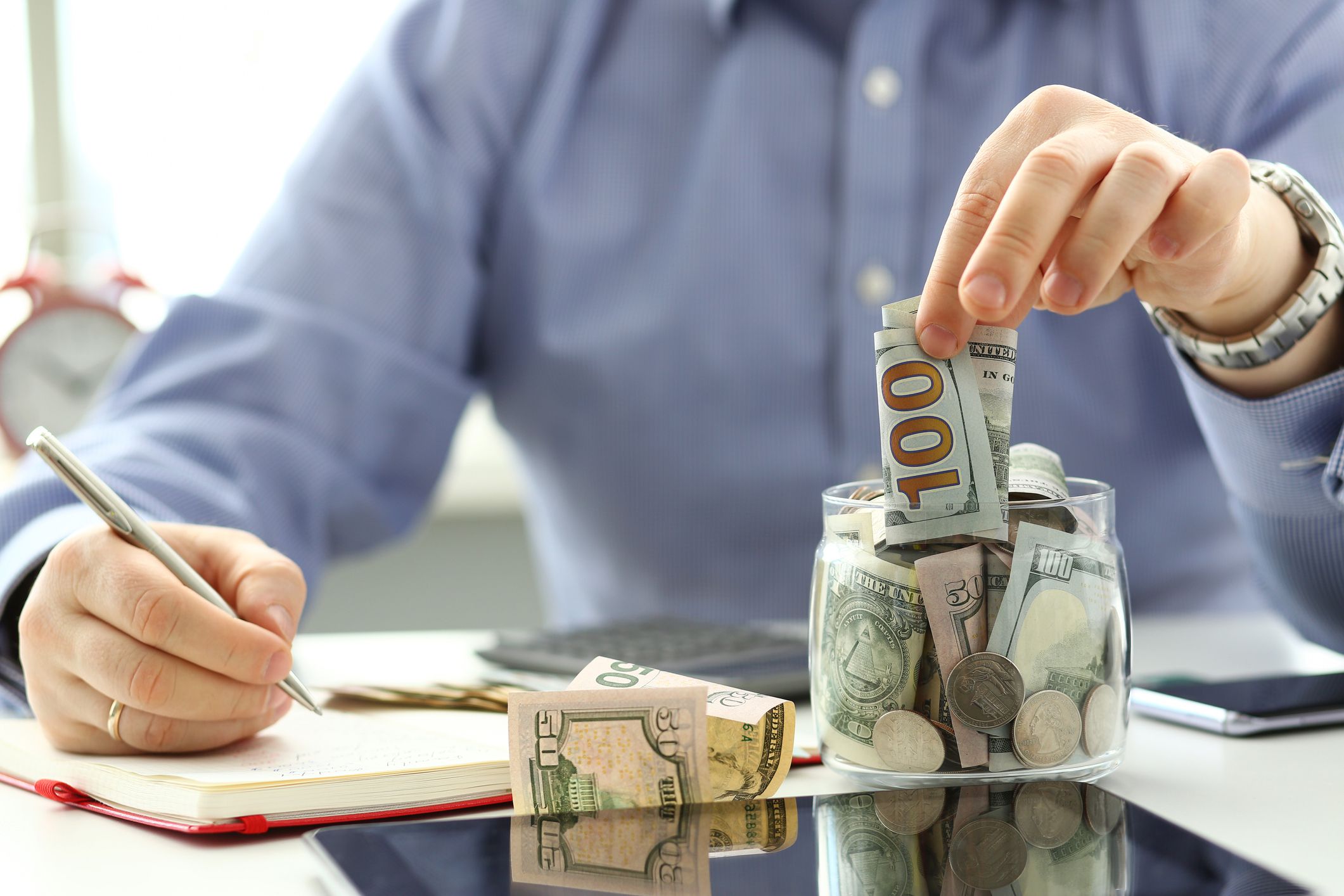
It might be tempting to take every penny you have and put it toward getting debt free, but if you have an emergency expense, lacking an emergency fund can just cause a bigger debt problem. Before you put extra money toward your loans, make sure you have at least a small emergency fund. Some experts recommend a minimum of $1,000, while others suggest having three to six months of living expenses saved.
Forgetting Some Debt

There are some debts you might forget to include in your debt plan. If any of your debt has been sent to collections, you need to include that. And don’t forget that even zero-percent-interest loans count, especially since the rate usually increases after a certain amount of time. Forgetting to include these loans is a mistake.
Not Automating Your Debt Payoff

Automating debt payoff helps you stay on track — when you set up automatic payments, you won’t forget to make them. You also won’t see that money in your account just begging to be spent on something you don’t need. Automatic payments help take some of the emotional turmoil out of the picture to keep you on track.
Missing Out on Refinancing or Consolidation

Consolidating or refinancing loans could help you get a better interest rate and simplify your payments. You may also be able to lower your monthly payments and dedicate more money toward higher-interest loans. Before consolidating or refinancing student loans, make sure you understand how this will affect your repayment plan and any benefits, like loan forgiveness, you might lose.
Not Considering Balance Transfers

High-interest debt can be almost impossible to get rid of. One mistake to avoid when paying off debt is missing out on balance transfers: Some credit cards allow you to transfer in a balance for a lower interest rate, as low as zero percent, at least for a short period. During that time, you can pay off the loan aggressively before the interest adds up again.
Getting Into More Debt While Paying Off Other Debts

If you make other mistakes on this list, you might get into even more debt — things such as not having an emergency fund, not making sacrifices, and so on. Once you commit to paying off debt, do everything in your power not to add more. Some debt-payoff experts, such as Dave Ramsey, even recommend cutting up your credit cards.
Forgetting to Budget

Budgeting is a key tool in the debt payoff toolbox. The only way to make meaningful progress toward financial goals is by knowing where your money is going. This means budgeting. Analyzing your budget can also help you spot spending patterns or determine where you can cut back to prioritize debt payoff.
Mindless Shopping
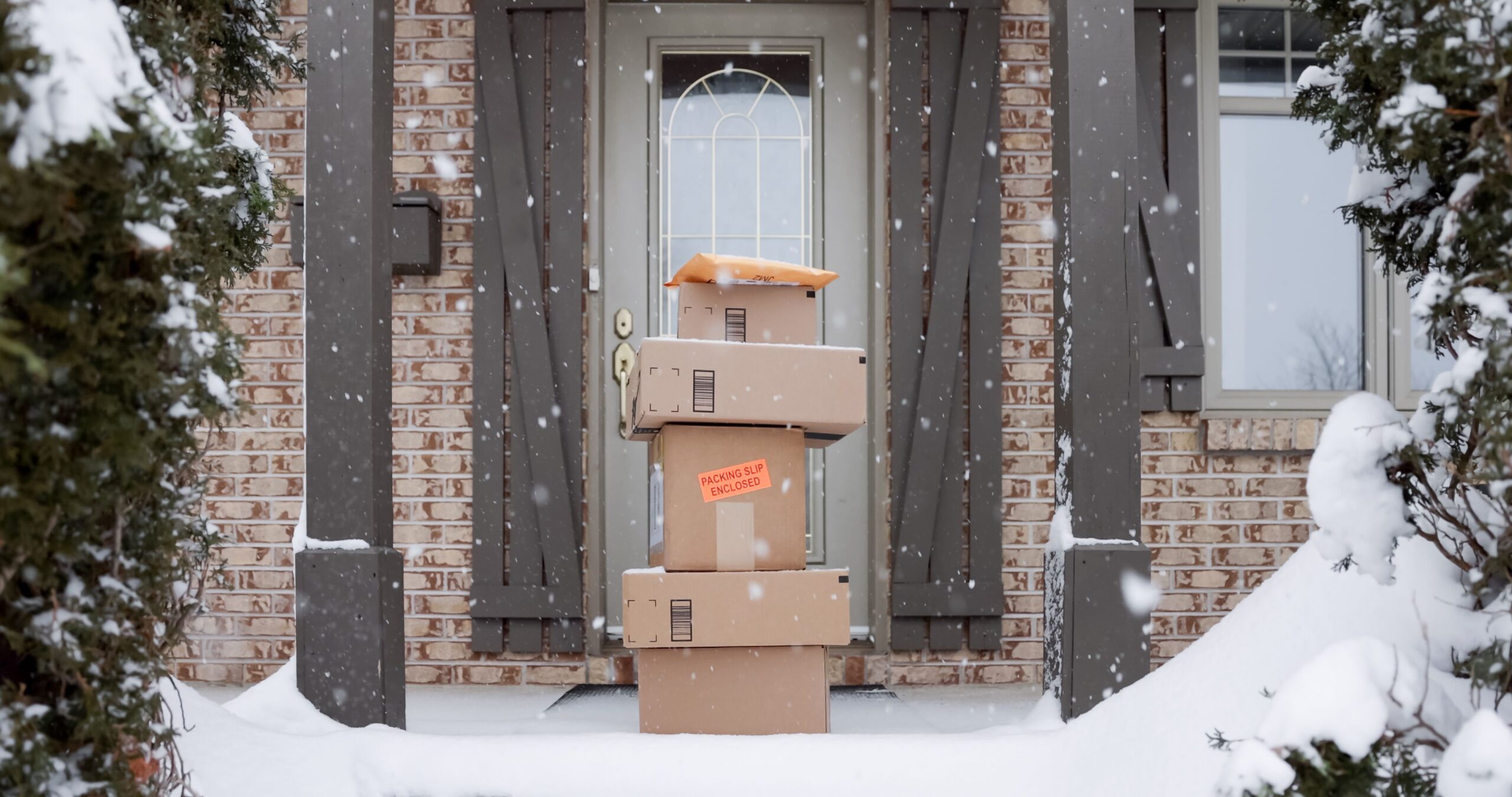
In the age of the internet, we can get almost anything we want with the push of a button, probably with free shipping. Mindless shopping is a huge mistake that can derail you while paying off debt. If you want something, wait at least 24 hours before clicking “buy” to give yourself time to decide if you really need it.
Doing What You’ve Always Done
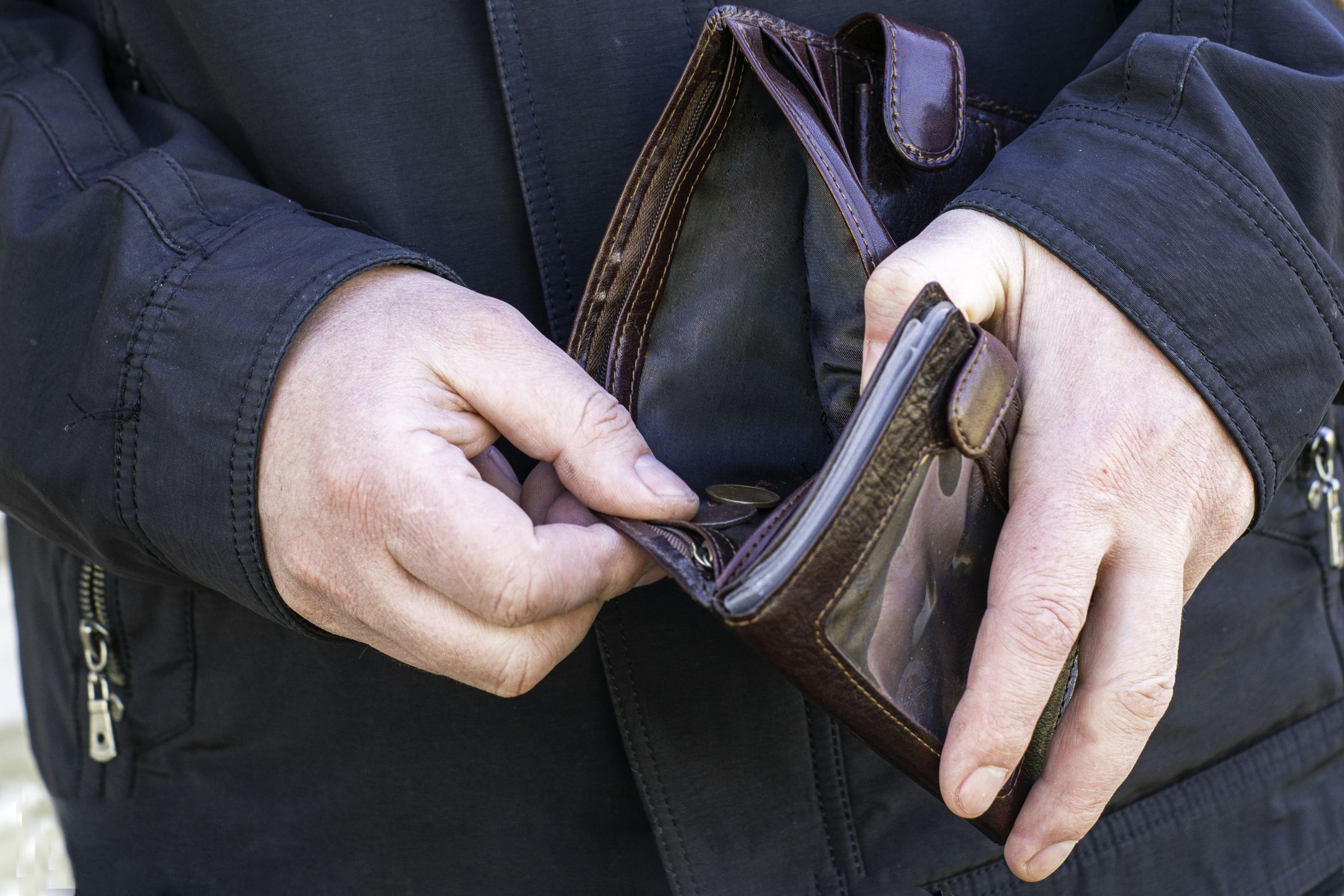
If you plan to pay off debt without making changes to your spending habits, you’ll be sorely disappointed. As the adage goes, “If you do what you’ve always done, you’ll get what you’ve always gotten.”
Allowing Hopelessness to Set In

Once you add up all your debts and come up with a plan, it is easy to fall into despair. The numbers may seem insurmountable. Letting hopelessness overtake you is a surefire way to stay stuck in debt, though. One of the biggest mistakes you can make is not believing in yourself.
Not Tracking Your Progress

If you don’t track your progress toward paying off debt, it can feel you aren’t even making a dent. Chances are, nothing could be further from the truth. One of the best ways to see your progress is to track it. There are plenty of fun debt-payoff printables out there that can help you visualize progress toward your goals.
Not Celebrating the Little Wins

While you’re tracking your debt payoff, you’ll meet many milestones along the way. Paid off your first credit card? Awesome! No more car loan? Huzzah! Don’t forget to celebrate these little wins along the way. It will help you stay motivated toward reaching your ultimate goal. Celebrating doesn’t have to cost money, but take time to pat yourself on the back and maybe a little splurge to reward your efforts.
More Cheapism Reads To Help You Defeat Debt
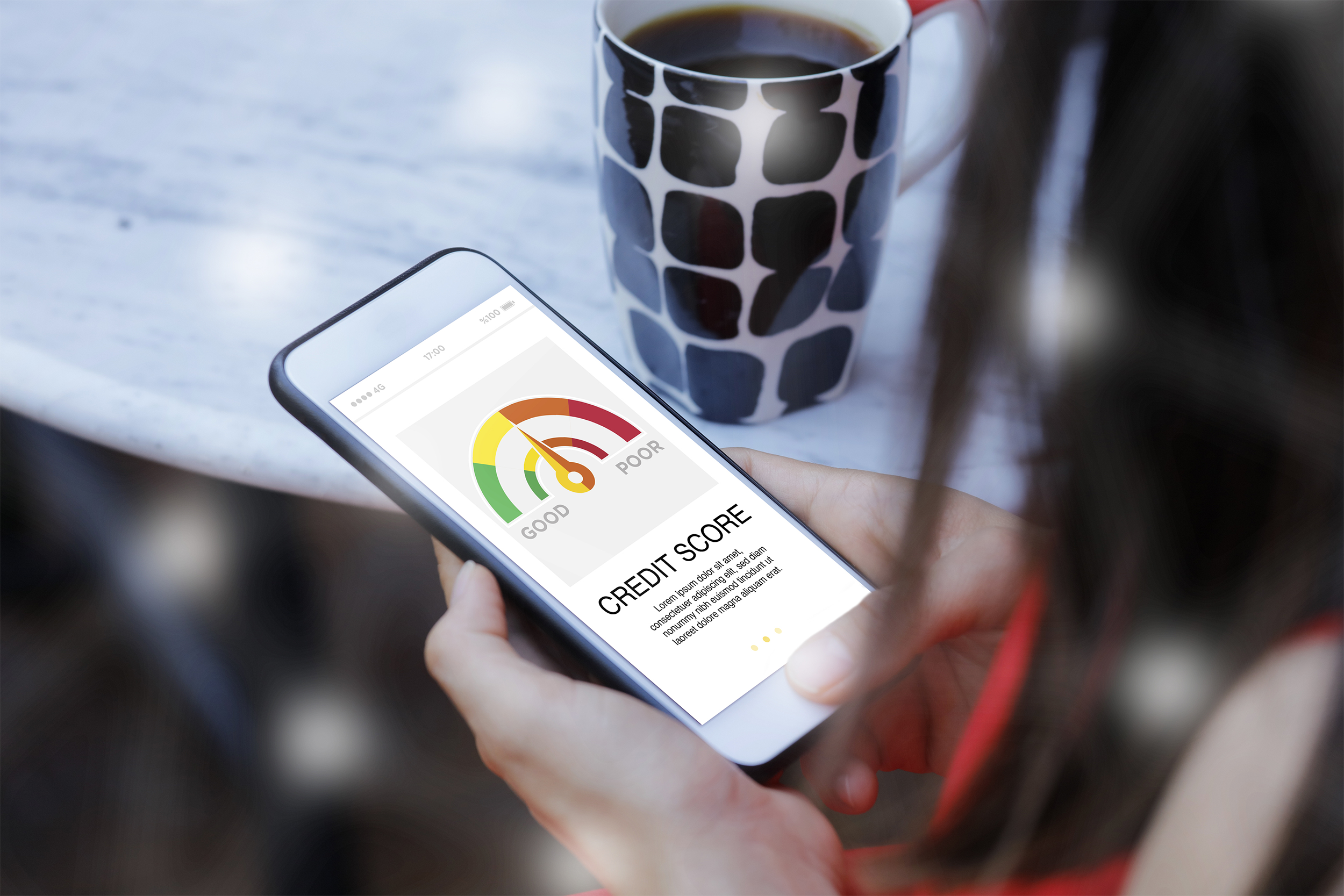
- What Affects Your Credit Score and Tips to Help Improve It — Don’t let even the tiniest unpaid bill wreck your financial future: learn the sneaky ways debt and reporting lapses can tank your credit score and how to stop it.
- 21 Ways To Reduce Your Monthly Bills When Money Is Tight — With debt piling up and interest rates soaring, this guide shows practical tricks to slash your monthly outgoings and reclaim breathing room in your budget.
- 50+ Things You Absolutely Never Need to Buy — Before you reach for another subscription or gadget, check this list of money-wasting items that will only deepen your debt and drain your savings.

